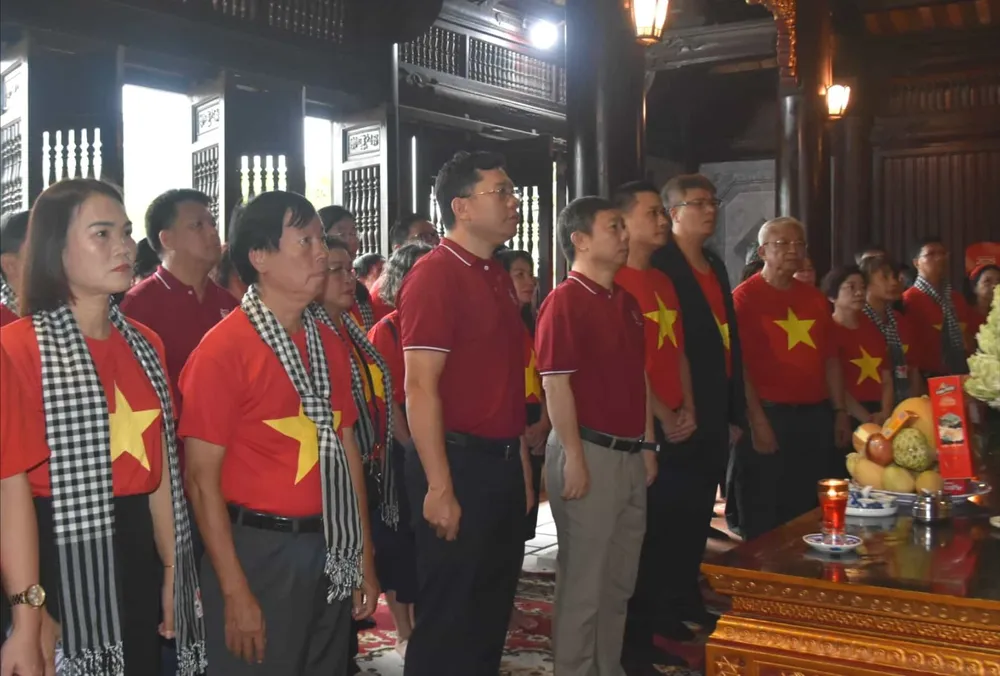
On the morning of August 26, comrade Duong Anh Duc, Head of the Propaganda and Mass Mobilization Department of the Ho Chi Minh City Party Committee, and the working delegation came to offer incense to commemorate President Ho Chi Minh at the Uncle Ho Temple in Tan Quang Ward, Tuyen Quang Province. Also attending were comrades: Hoang Nguyen Dinh, Deputy Head of the Standing Committee of the Propaganda and Mass Mobilization Department of the Ho Chi Minh City Party Committee; Nguyen Viet Long, Deputy Head of the Propaganda and Mass Mobilization Department of the Ho Chi Minh City Party Committee.
Before the spirit of President Ho Chi Minh, the Head of the Propaganda and Mass Mobilization Commission of the Ho Chi Minh City Party Committee and the delegates respectfully bowed and observed a moment of silence to commemorate him, expressing their infinite gratitude for the merits of the genius leader, the great teacher of the Vietnamese revolution, who devoted his whole life to national independence, national unification, freedom and happiness of the people.
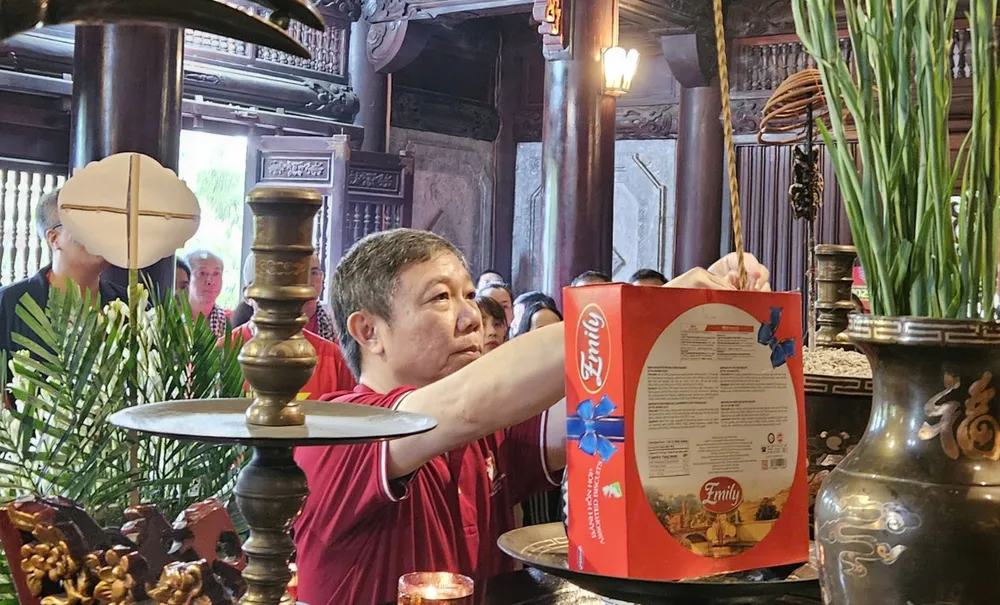
Generations of intellectuals in the city vow to always have faith in the Party, strive to study, cultivate and practice following Uncle Ho's moral example, promote the spirit of solidarity, responsibility and innovation, strive to overcome all difficulties, build a comprehensively developed Ho Chi Minh City, worthy of the people's trust and expectations, contribute to bringing the country firmly into a new era of the nation, successfully build a socialist Vietnam, a rich people, a strong country, democracy, equality and civilization.
On the same day, the delegation visited and offered flowers at the Uncle Ho Monument in Tan Trao . The newly inaugurated project has profound political , historical and cultural significance on the occasion of the August Revolution and National Day September 2. The project is not only a symbol of gratitude for the great contributions of President Ho Chi Minh but also the pride of the Party Committee, government and people of all ethnic groups in Tuyen Quang province, an important highlight in the cultural and historical space of the Tan Trao National Special Relic Site.
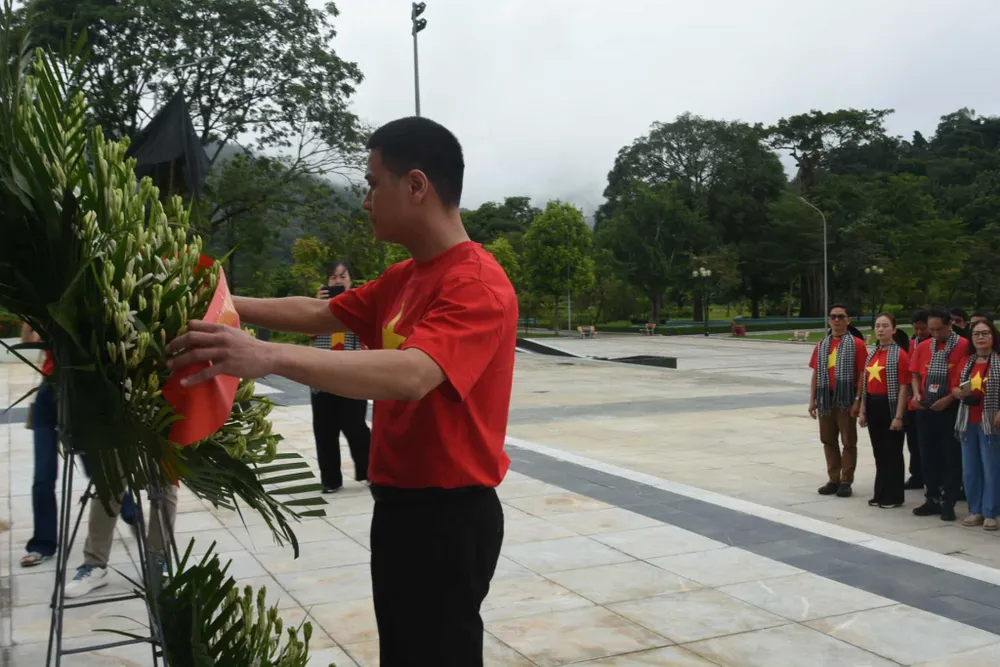
Next, the delegation visited Na Nua hut (also known as Na Lua hut), located in Na Nua forest, Tan Trao commune, Tuyen Quang province. This is where leader Ho Chi Minh lived and worked from the end of May to August 22, 1945 to direct the preparation for the General Uprising and lead the August General Uprising to successfully seize power throughout the country.
The location of Na Nua Hut was chosen by Uncle Ho himself, in the Hong mountain range, hidden under the dense canopy of trees, ensuring secrecy and meeting Uncle Ho's requirements: close to the water, close to the people, far from the national highway, convenient for advance, convenient for retreat. From the simple little hut, Uncle Ho showed the way, showed the way for the entire nation, creating a turning point of great historical significance so that on September 2, 1945, he read the Declaration of Independence, giving birth to the Democratic Republic of Vietnam.
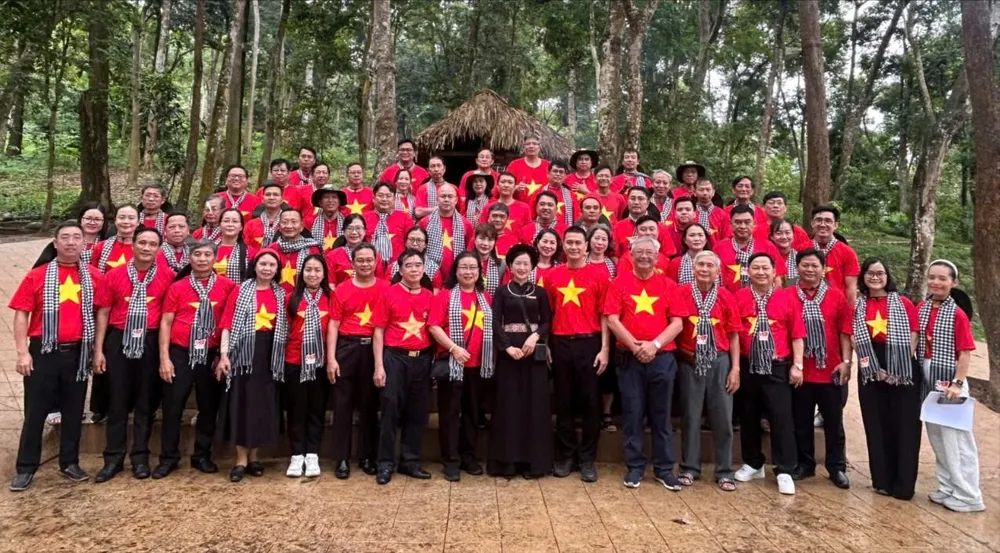
Standing in front of the simple hut where Uncle Ho lived in the past, comrade Nguyen Viet Long, Deputy Head of the Propaganda and Mass Mobilization Department of the Ho Chi Minh City Party Committee, and the delegation offered incense and flowers to Uncle Ho's spirit and took a moment of silence to express their respect, infinite gratitude, and eternally remember Uncle Ho's contributions. They vowed to continue studying and following Ho Chi Minh's ideology, morality, and style, promoting the spirit of solidarity, contributing to building the city firmly in the era of growing strong and prosperous.
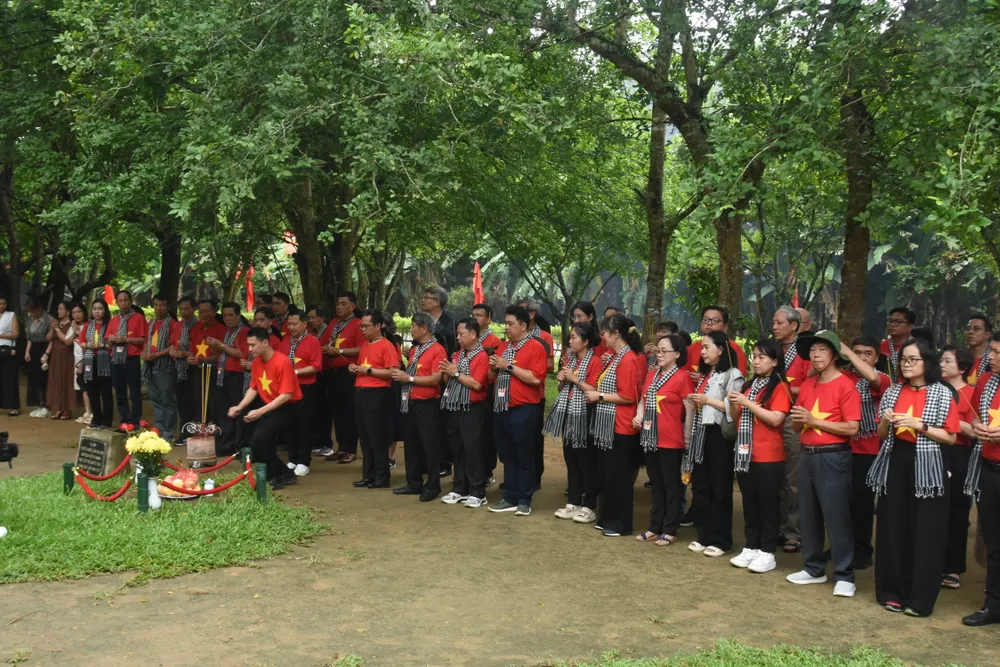
The delegation also offered incense at Tan Trao Communal House in Tan Trao Commune, where nearly 80 years ago, on August 16 and 17, 1945, the Tan Trao National Congress took place with the participation of more than 60 delegates representing all three regions of the North, Central and South, representatives of patriotic parties, intellectuals, people's organizations, ethnic groups, religions in the country and overseas Vietnamese. The National Congress approved our Party's policy of uprising to seize power and 10 major policies of the Viet Minh, elected the Vietnam National Liberation Committee (ie the provisional government) with leader Ho Chi Minh as Chairman.
Tan Trao National Special Historical Site is home to 183 relics associated with the national liberation struggle in the mid-20th century, when this place was once known as the center of the revolutionary base, the Capital of the Liberated Zone and the Capital of Resistance; the residence and workplace of Uncle Ho and the Central agencies of the Party and Government.
Source: https://www.sggp.org.vn/doan-tri-thuc-tphcm-tiep-tuc-hanh-trinh-ve-nguon-tai-tinh-tuyen-quang-post814926.html







![[Photo] Prime Minister Pham Minh Chinh attends the groundbreaking ceremony of two key projects in Hai Phong city](https://vphoto.vietnam.vn/thumb/1200x675/vietnam/resource/IMAGE/2025/9/27/6adba56d5d94403093a074ac6496ec9d)
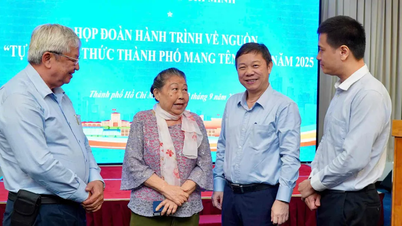
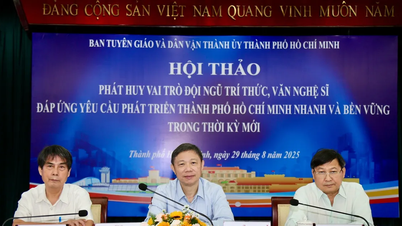
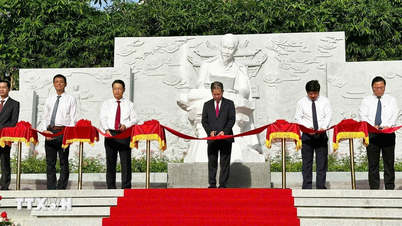

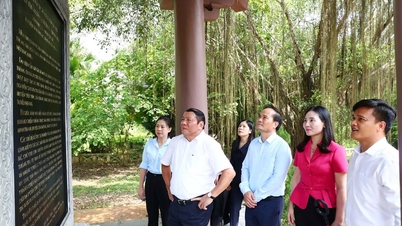

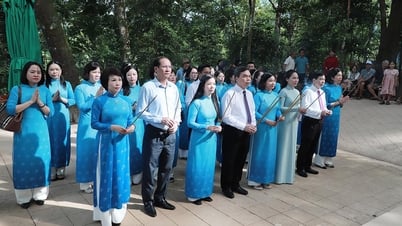

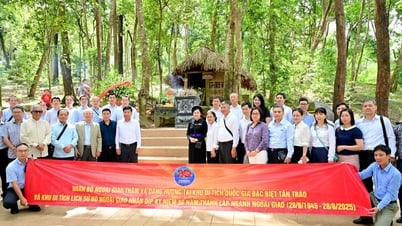






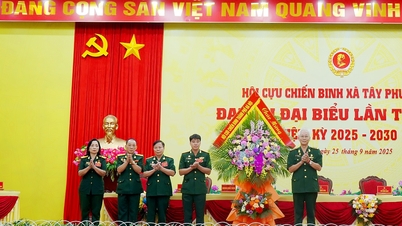


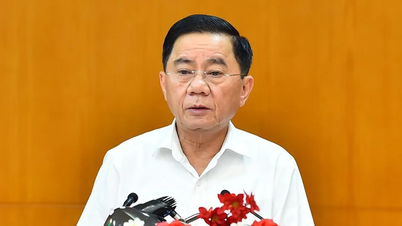



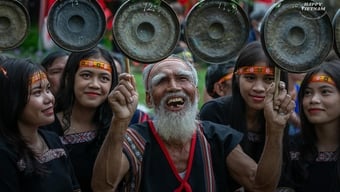


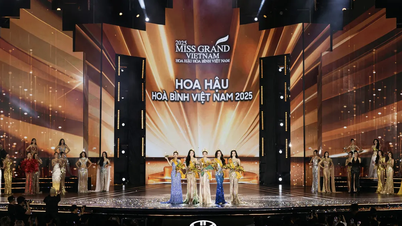

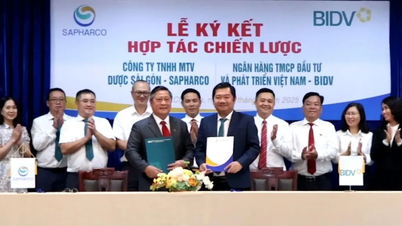











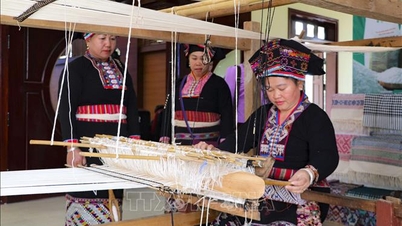






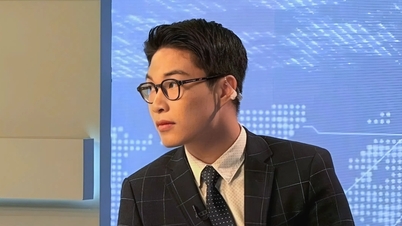

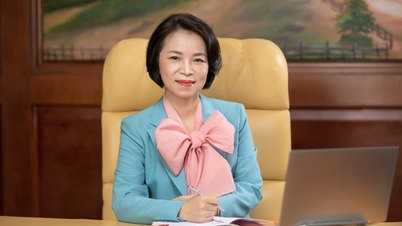




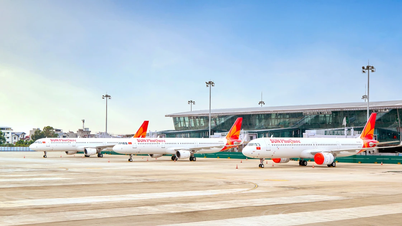



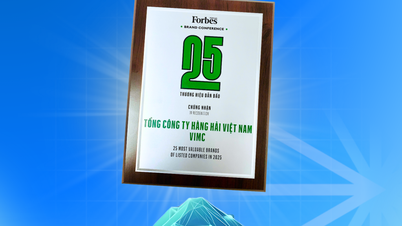


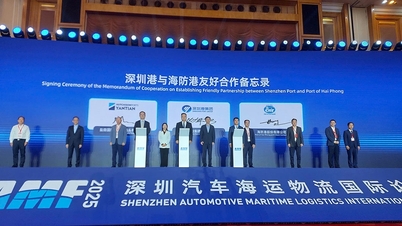

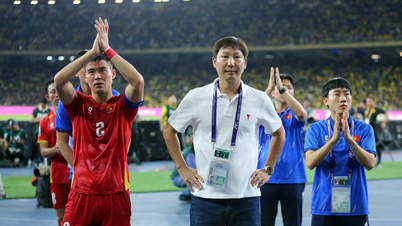







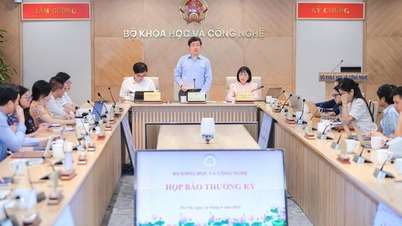


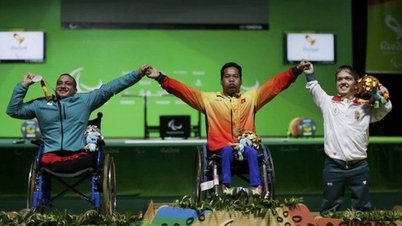

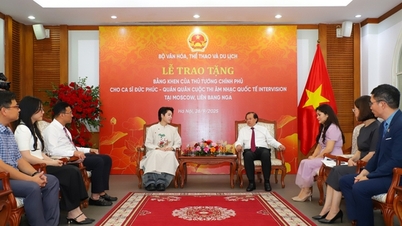
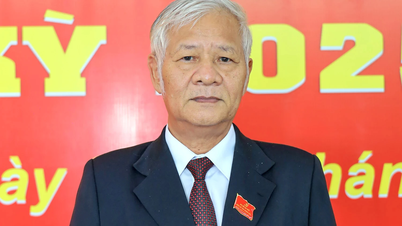
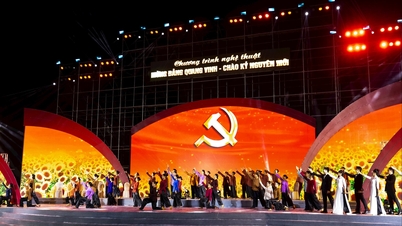


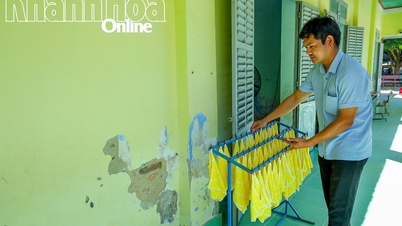

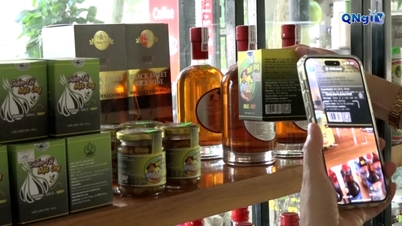

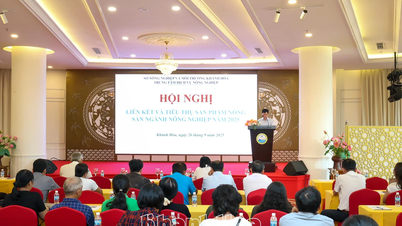









Comment (0)